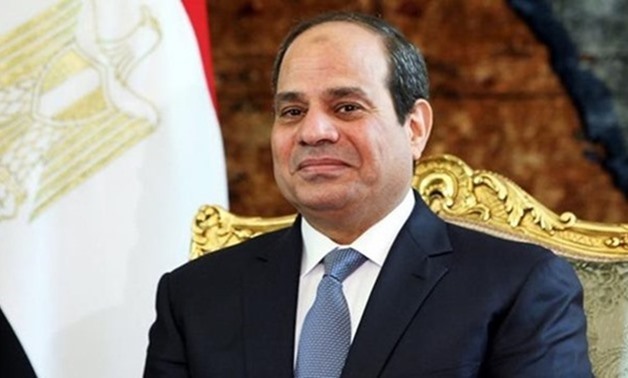
President Abdel Fatah al-Sisi - press photo
CAIRO – 26 August 2018: President Abdel Fatah al-Sisi ratified on Sunday a loan agreement with the Islamic Development Bank to fund the project combating bird flu.
Under the agreement published in the Gazette, the Islamic Development Bank will provide the government with a $10 million loan to fund the project.
On May 18, 2017, the minister of Investment and International Cooperation signed the $10 million agreement with Bander Hajar, the head of the Islamic Development Bank, to support the health care project to combat the outbreak of bird flu in Egypt.
This came within the framework of the government’s efforts to improve the quality of health services in Egypt and control bird flu to reduce human infection.
Since the H5N1 avian influenza virus was first reported in Egypt in March 2006, a total of 336 cases of avian influenza A(H5N1) infections in humans have been reported, including 114 related deaths, according to the World Health Organization’s statistics in April 2015.
The risk factor for human infection with the bird flu, which is particularly active during winter, is the direct or indirect exposure to infected live or dead poultry or contaminated environment.
“Controlling the circulation of avian influenza viruses in poultry is essential to reduce the risk of human infection. Given the persistence of the A(H5) and A(H7N9) viruses in some poultry populations, control will require long-term commitments from countries and strong coordination between animal and public health authorities,” referred WHO.
Egypt has taken several steps to combat the virus;in December 2017, Egypt slaughtered more than 17,500 poultry in a farm where bird flu cases were reported in the Dakahlia governorate (Delta), said Head of Veterinary Medicine Directorate, Abdel Moneimal-Mongy.
After taking samples from infected poultry, vets buried the dead and slaughtered poultry to control the spread of viruses, Mongy added in remarks to Al-Watan newspaper.
The virus was most spread in Dakahlia’s MitGhamr and Gharbyia’s Santacities, he continued.
During the veterinary inspection, the vets reported new H5N2, H8N2, H9N2 and IB strains. The fact that these strains are appearing for the first time in Egypt has made the situation all the more serious. All the present vaccines fight only H5N1 avian influenza virus.
The Ministry of Health repeatedly urged all residents dealing with poultry to take all protective measures against the virus.
Additionally, the Faculty of Veterinary Medicine at Cairo University succeeded in 2010 in producing a vaccine against the flu in cooperation with the Chinese Academy for Agricultural Sciences at the Harbin Veterinary Research Institute. It has annually cost LE 55 million ($9,470,000) equally paid by Egyptian and Chinese governments.
“Preliminary results have found that the vaccine is 100 percent effective. However, when tested on Egyptian poultry under local conditions in Egypt, it protects 93 percent of the flock,” a professor of virus sciences at Cairo University said.

Comments
Leave a Comment